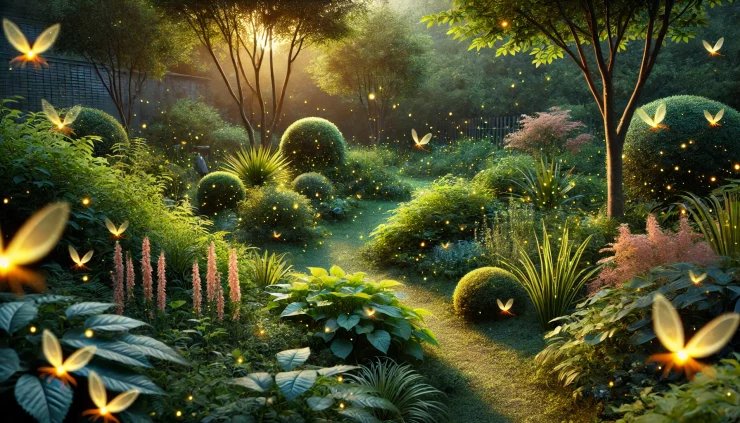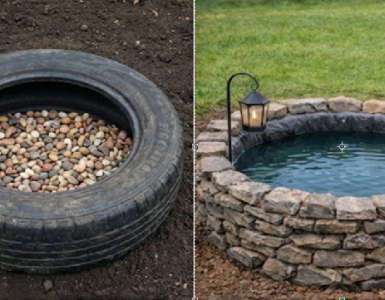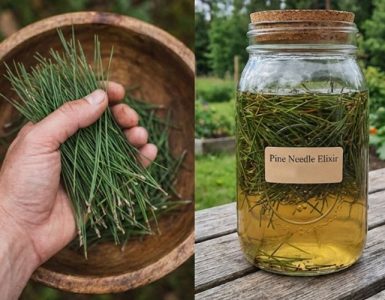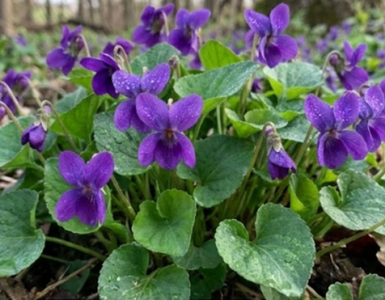Fireflies, those enchanting creatures of the summer night, are more than just a delightful spectacle with their luminous displays. These insects are not only a joy to watch but also play a significant role in natural pest control. By understanding and fostering fireflies in your garden, you can harness their beneficial traits to manage pest populations effectively.
Why Fireflies are Beneficial
Fireflies belong to the family Lampyridae and are actually a type of beetle. While the adult fireflies are mostly known for their captivating light shows, both the larvae and adults are predatory, which makes them excellent allies in managing garden pests.
Natural Predators
Firefly larvae, often called glowworms, are voracious eaters of snails, slugs, and other soft-bodied pests that can wreak havoc on garden plants. The larvae have strong mandibles that allow them to feed on these pests, reducing the need for chemical insecticides. Adults, depending on the species, also consume various insects and pollen, contributing further to the ecological balance of your garden.
How Fireflies Help Control Pest Populations
Fireflies help maintain the balance in garden ecosystems by preying on a variety of pest species. Their larvae are particularly effective against mollusks, such as slugs and snails, which are common garden pests. These larvae are active at night, hunting in the same moist environments that slugs and snails inhabit, which makes them effective natural control agents.
Reducing Pest Damage
By naturally controlling pest populations, fireflies help reduce the damage these pests can cause to plants. This is especially beneficial for gardeners who prefer to avoid chemical pesticides, providing a more organic and sustainable way to maintain plant health.
Encouraging Fireflies in Your Garden
To attract and retain fireflies in your garden, creating a welcoming habitat is key. Here are some tips to make your garden firefly-friendly:
- Maintain a Moist Environment
Fireflies thrive in damp environments, as their larvae need moist conditions to survive. Maintaining a garden area with mulch, leaf litter, and keeping the soil well-watered can help attract these insects. - Provide Natural Cover
Leave some areas of your garden a little wild to provide shelter for firefly larvae and adults. Brush piles, long grass, and wooded patches create ideal hiding spots for fireflies during the day. - Avoid Pesticides
Pesticides can kill fireflies along with the intended pest species. Reducing or eliminating pesticide use in your garden not only benefits fireflies but also other beneficial insects that contribute to pest control and pollination. - Use Outdoor Lighting Sparingly
Artificial lights can interfere with fireflies’ mating signals, as their luminescence is part of their mating behavior. Minimizing outdoor lighting during the firefly active months (typically late spring to summer) can help these creatures thrive in your garden.
Fireflies are a charming and beneficial addition to any garden, offering natural pest control by preying on harmful insects and other pests. By understanding their needs and modifying garden practices to support their habitat, gardeners can enjoy the dual benefits of fewer garden pests and enchanting evening light shows. Embrace these natural luminaries and let fireflies light up your summer gardens while they work to keep it healthy and vibrant.






Add comment